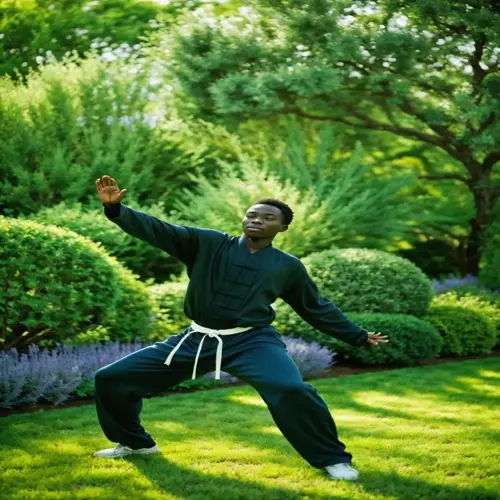How does valerian compare to melatonin?

Written by
Gina Mason
Reviewed by
Prof. Benjamin Murphy, Ph.D.Despite both valerian and melatonin being classic herbal sleep support supplements, they function in fundamentally different ways. Valerian promotes sleep by modulating GABA in the system to calm down neural activity, while melatonin acts by directly modulating your circadian rhythm. This leads to different ratios of time to effect, effectiveness, and uses for the two supplements as well.
Melatonin is the best choice for circadian rhythm disturbances such as jet lag and shift work. It tells the brain it's time to sleep. Valerian is more effective for the anxiety part of insomnia, but it must be taken consistently. I suggest melatonin for travel and valerian for insomnia due to stress.
When to Choose Valerian
- Anxiety-driven insomnia: Calms racing thoughts
- Chronic mild insomnia: Sustainable long-term approach
- Stress management: Daytime anxiety reduction
When to Choose Melatonin
- Jet lag recovery: Resets sleep-wake cycle
- Delayed sleep phase: Adjusts bedtime naturally
- Occasional sleeplessness: Single-dose solution
Combination Potential
- Sequential use: Melatonin for onset, valerian for maintenance
- Timing separation: Take melatonin at bedtime, valerian earlier
- Medical supervision: Essential for combined protocols
There are significant differences in the side effects profile. Valerian is more likely to cause daytime drowsiness (19% of users) compared to melatonin, which can result in vivid dreaming in 15-20%. Melatonin has fewer drug interactions than valerian, but it may affect the body's natural production if taken too frequently. This is not a problem with valerian, as it does not interfere with the endogenous GABA system.
Melatonin is preferable for shift workers or for individuals who travel and need to adjust their sleep schedules to different times. The slow build-up of valerian will not work well when sleep patterns are changing rapidly. That said, valerian does offer better anxiety relief than melatonin does.
Both require a doctor's consultation on long-term use, particularly when there are pre-existing conditions. Melatonin can hinder autoimmune therapies, while valerian may be associated with sedatives. I check clients' full health profiles before recommending either supplement for long-term use.
Read the full article: Valerian Root Effects: Benefits and Risks Explained
